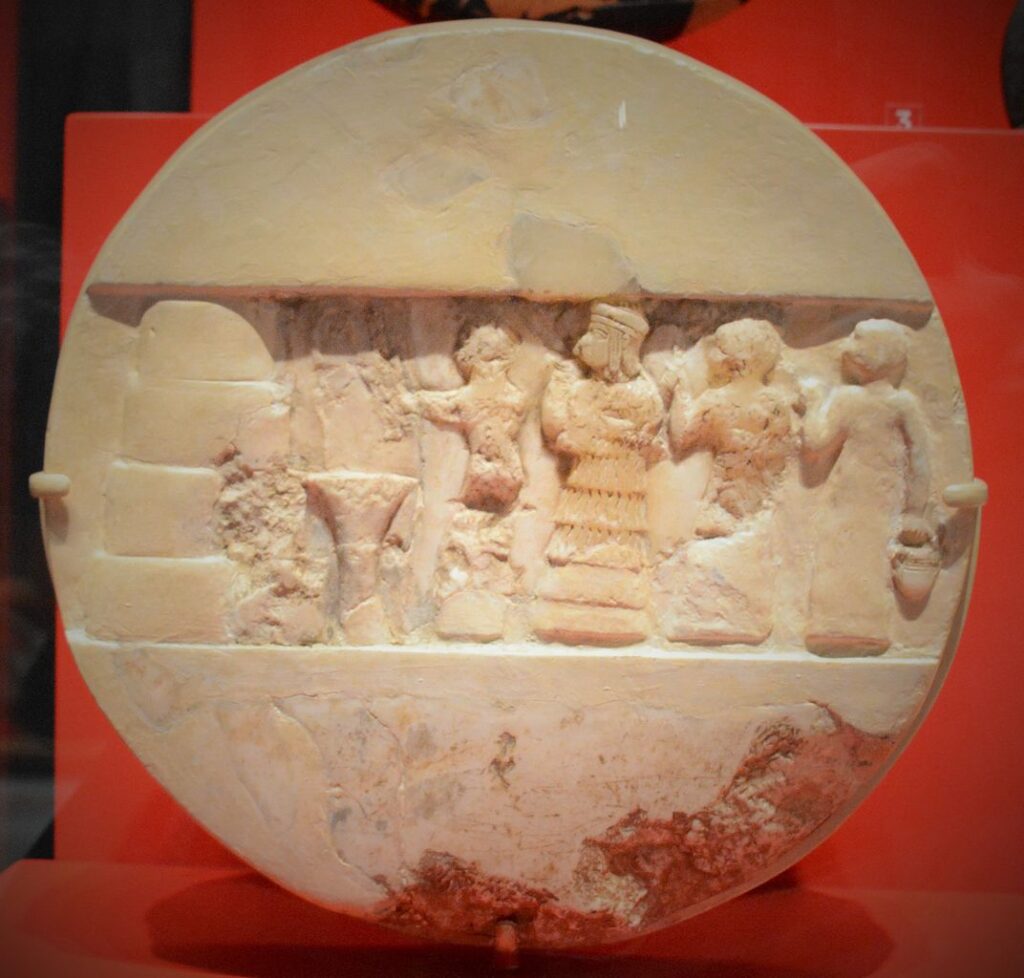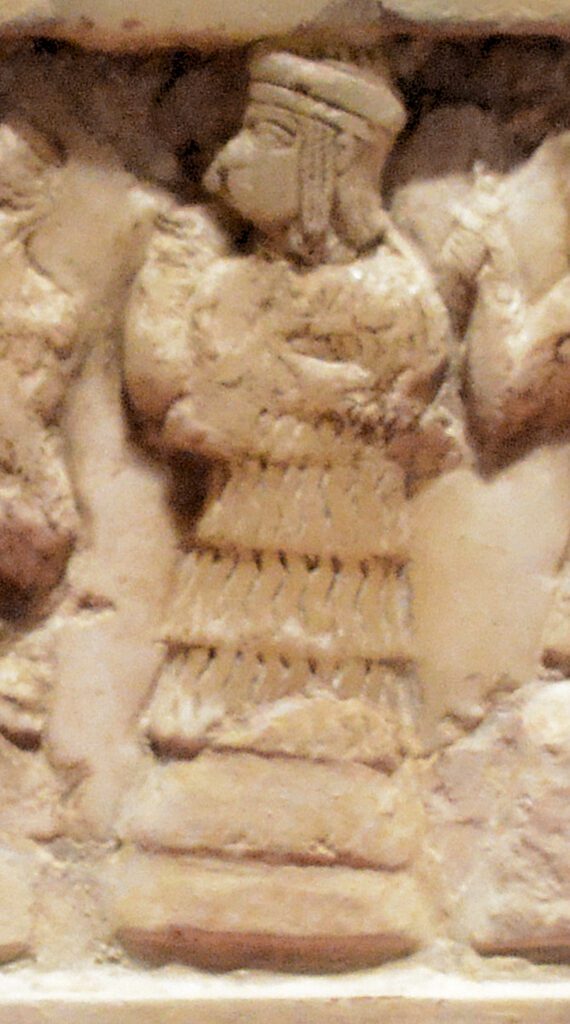Enheduanna: The Pioneer Of Literature And First Named Author
Enheduanna, a notable personality from ancient history, holds the unique honor of being acknowledged as the world’s inaugural named author. She was a woman of exceptional talents and achievements, and her contributions to literature and culture have left an indelible mark on human history.

Enheduanna lived around 2300 BCE and was the daughter of Sargon of Akkad, the founder of the Akkadian Empire in Mesopotamia. She occupied a notable role within her community as the chief priestess of the moon god Nanna in the city of Ur. It was in this role that she wrote her famous literary works.
Among her most notable achievements is her collection of hymns and poems dedicated to various deities. These compositions were not merely religious texts; they were intricately crafted pieces of literature that conveyed profound spiritual devotion, emotions, and philosophical ideas.
Her writings played a crucial role in shaping the literary landscape of Mesopotamia and influencing subsequent generations of poets and writers.
Enheduanna’s significance extends beyond her literary prowess. As a woman occupying a position of authority and influence in a male-dominated society, she challenged societal norms and paved the way for other women to hold positions of power. Her accomplishments stand as a testament to the potential of women to excel in various fields, even in eras when gender equality was far from the norm.

Enheduanna’s works were inscribed on clay tablets, many of which have survived to the present day. These texts provide valuable insights into the spiritual, intellectual, and cultural life of ancient Mesopotamia. Her legacy continues to be celebrated by scholars and historians who recognize her as a trailblazer in the realm of literature and as a symbol of the enduring strength and influence of women throughout history.
